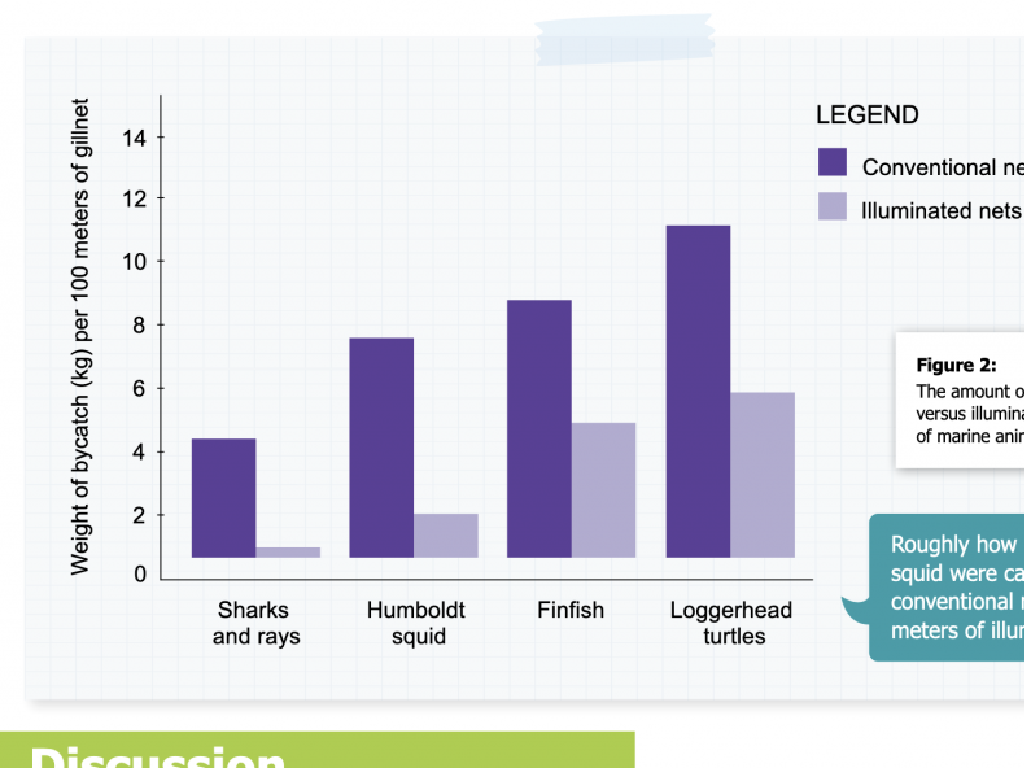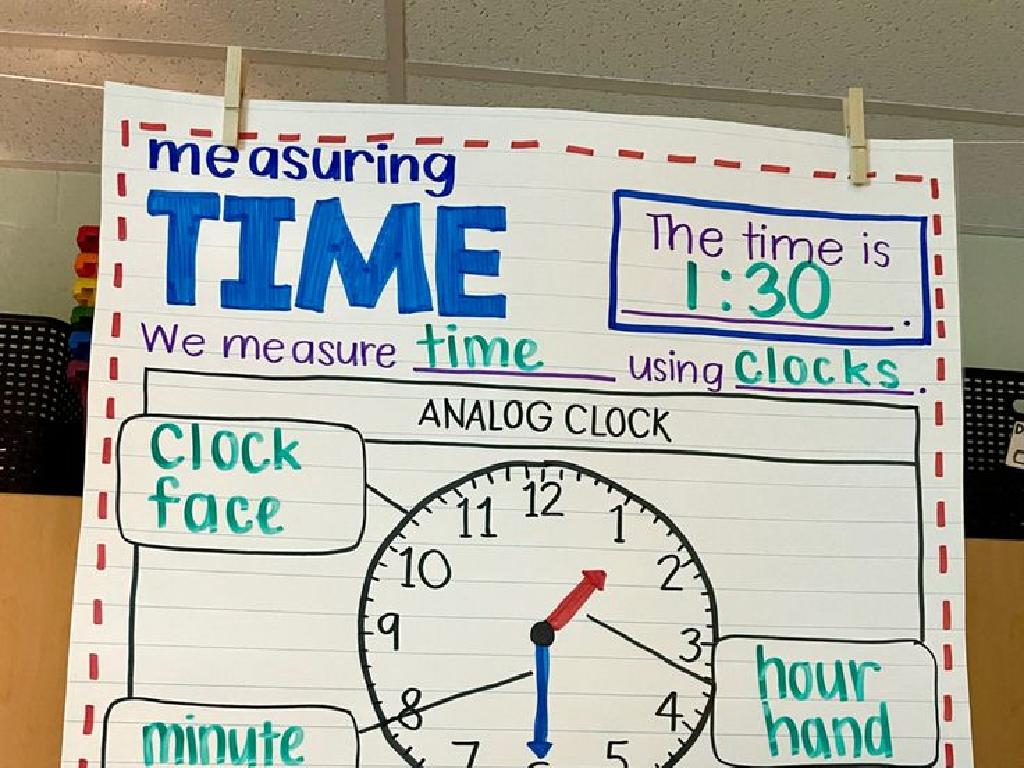New England Colonies: Economy And Interactions With Native Americans
Subject: Social studies
Grade: Eighth grade
Topic: Colonial America
Please LOG IN to download the presentation. Access is available to registered users only.
View More Content
New England Colonies: Economy & Native Interactions
– Explore New England Colonies
– A group of British colonies on the east coast of North America in the 17th century
– Grasp Colonial America concept
– The period of colonization by European powers, mainly England, in the New World
– Economy of New England
– Based on shipbuilding, fishing, lumbering, small-scale subsistence farming, and, eventually, manufacturing
– Native American Relations
– Complex relationships: trade alliances and conflicts over land
|
This slide introduces students to the New England Colonies within the broader context of Colonial America. It aims to provide an understanding of the economic foundations of these colonies, such as shipbuilding and fishing, and their interactions with Native American tribes. The relationships between colonists and Native Americans were multifaceted, involving trade, alliances, and territorial disputes. Encourage students to consider how the economy influenced these interactions and vice versa. This overview sets the stage for a deeper dive into the specifics of the New England economy and the nature of colonial relations with indigenous peoples.
Geography of New England Colonies
– Locate New England on a map
– Discuss climate and geography
– Harsh winters, rocky soil, dense forests
– Link geography to economy
– Geography shaped industries: fishing, shipbuilding
– Impact on Native interactions
– Geography influenced trade and relations with Natives
|
This slide aims to help students visualize where the New England Colonies were located and understand the significant role geography played in shaping their economy and interactions with Native Americans. Emphasize the harsh winters and rocky soil, which made large-scale farming difficult, leading to a focus on fishing, shipbuilding, and trade. Discuss how the dense forests provided resources for shipbuilding, a critical industry in New England. Highlight how the geographical features influenced the colonists’ trade relationships with Native Americans and how they relied on each other for goods and survival. Encourage students to think about how the climate and geography would affect their daily lives if they were living during that time.
Economic Activities in New England Colonies
– Fishing, whaling, shipbuilding industries
– Coastal geography supported a thriving maritime economy.
– Family roles in small-scale farming
– Families worked together to manage farms, not large plantations.
– Triangle Trade and commerce
– A trade route exchanging goods between the Americas, Europe, and Africa.
– Economic impact on society
|
This slide explores the economic foundation of the New England Colonies, emphasizing the importance of maritime industries such as fishing, whaling, and shipbuilding due to the region’s coastal geography. Small-scale farming was also prevalent, with family units playing a crucial role in the agricultural sector, contrasting with the plantation economy of the southern colonies. The Triangle Trade was a pivotal aspect of colonial commerce, involving the exchange of goods like rum, slaves, and raw materials between the Americas, Europe, and Africa. Discuss the economic interdependence of the colonies and other regions, and how these activities shaped societal structures and interactions with Native Americans.
Society in New England Colonies
– Town meetings in decision-making
– Town meetings were a form of local government where community members could speak and vote.
– High literacy and education focus
– New England had a high value on education, leading to widespread literacy compared to other colonies.
– Religion’s role in society
– Puritanism shaped societal norms and moral expectations.
– Laws influenced by religious beliefs
– Many laws were based on religious doctrine, reflecting the Puritanical view of governance.
|
This slide explores the societal structure of the New England colonies, emphasizing the role of town meetings as a democratic process for community decision-making. Highlight the importance of education in these colonies, where literacy rates were notably high due to the emphasis on reading the Bible. Discuss the significant influence of Puritan religion on society and how it molded laws and social conduct. Encourage students to consider how these factors contributed to a unique societal structure compared to other colonial regions. Provide examples of laws influenced by religion and discuss the impact of such laws on daily life and the legal system in the colonies.
Interactions with Native Americans in New England
– Early colonist-Native relations
– Initial trade and cooperation, but tension grew over land and resources.
– European diseases’ impact
– Smallpox and other diseases devastated Native populations, who had no immunity.
– King Philip’s War
– 1675-1678 conflict between Native American tribes and English settlers.
– Alliances and conflicts
– Complex relationships: some tribes allied with colonists, others resisted.
|
This slide explores the multifaceted interactions between the New England colonists and Native Americans. Initially, there was a period of relative peace and cooperation, particularly in trade, but as the colonies expanded, competition for land led to increasing tensions. The introduction of European diseases like smallpox had a catastrophic effect on Native populations, leading to significant loss of life and societal disruption. King Philip’s War was a pivotal conflict that had lasting effects on the power dynamics in the region. It’s important to discuss the complexity of these relationships, as alliances were not uniform and varied among different tribes and situations. Encourage students to consider the long-term impacts of these early interactions on the history and development of the United States.
Economic Impact on Colonial and Native American Relations
– Trade relations through barter
– Exchanging goods without using money, like fur for tools
– Resource competition and conflict
– Competition for land and animal resources led to tensions
– Colonial economy altering Native lifestyles
– Adoption of European goods changed traditional ways of life
– Mutual impacts of economy
|
This slide examines how the economy influenced the interactions between New England Colonies and Native Americans. Emphasize the importance of trade relations, which were initially based on barter systems, where goods like fur and tools were exchanged. Highlight how the competition for natural resources, such as land for farming and animals for fur, often led to conflicts. Discuss the significant changes in Native American lifestyles as they began to adopt European goods, which altered their traditional economic systems and ways of life. Lastly, consider the mutual economic impacts, where both groups influenced each other’s economies. Encourage students to think critically about how these economic factors could lead to both positive interactions and negative conflicts.
Case Study: The Pequot War
– Causes of the Pequot War
– Tensions over trade and territory sparked the conflict.
– Impact on the Pequot tribe
– The war led to the near destruction of the Pequot.
– Effects on other Native Americans
– Altered Native American relations and power dynamics.
– Long-term colonial consequences
– Set a precedent for future English-Native conflicts.
|
The Pequot War was a pivotal moment in colonial America, marking the first major conflict between Native Americans and settlers in New England. The war was primarily caused by competition over trade with the Dutch and control of land. The consequences for the Pequot tribe were devastating, including loss of life, freedom, and territory. This conflict also affected neighboring tribes, disrupting the balance of power and altering relations with European settlers. For the New England colonies, the Pequot War established a pattern of expansionist policies and aggressive tactics that would shape future interactions with Native American peoples. In discussing this case study, emphasize the complexity of colonial-Native American relations and the lasting impact of these early conflicts on the history of the United States.
Role-Play Activity: Perspectives on Trade and Land
– Form groups: colonists, Native Americans, British
– Discuss trade and land ownership views
– Present each group’s perspective
– Reflect on historical impacts
– How did these views influence New England’s growth?
|
This class activity is designed to engage students in understanding the complex relationships between colonists, Native Americans, and British officials in the New England Colonies. By role-playing, students will explore different viewpoints on trade and land ownership, which were central to the development of these colonies. Teachers should guide each group to research their assigned perspective, focusing on historical context and the motivations behind each group’s actions. After presentations, lead a discussion on how these interactions shaped the economic and social landscape of the New England Colonies. Possible activities include creating a mock trade negotiation, a debate on land rights, or a reenactment of a historical meeting between the groups.
Reflecting on New England Colonies
– Recap of today’s key points
– Colonial-Native American relations
– Complex alliances and conflicts shaped interactions
– History’s role in current events
– Understanding history helps us interpret today’s society
– Reflection on past and present
|
As we conclude today’s lesson, it’s important to summarize the economic activities that defined the New England Colonies, such as fishing, shipbuilding, and trade. Reflect on the nuanced and often tumultuous relationships between the colonists and Native American tribes, marked by both cooperation and conflict. Encourage students to consider how these historical events and relationships influence our current understanding of cultural interactions and societal development. Ask students to think about how the past has shaped present-day America and to reflect on what lessons can be learned from the history of the New England Colonies.






